Why clearing recent apps is a waste of time and task killers don't work
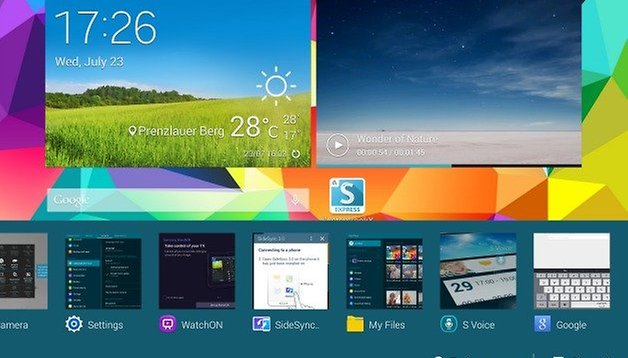

The second of these two statements is pretty much accepted as common knowledge by anyone even passingly familiar with how app caches and RAM work in Android, but the first statement is not as commonly understood. This is why the developer of Greenify, a great app you can use to hibernate apps that have a tendency to stay up past their bedtime, decided to clear things up.
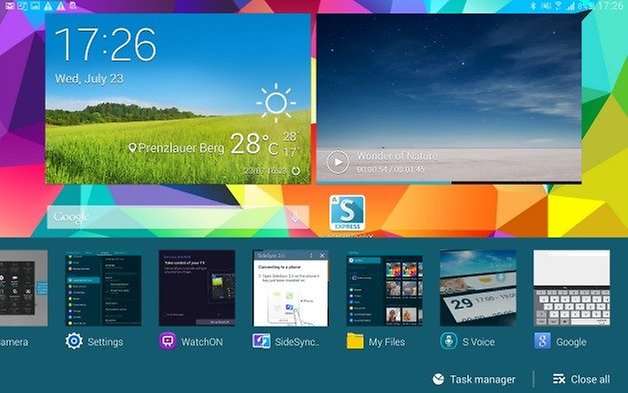
To give you the super simple explanation (which we've covered in greater depth before), when you launch an app it gets stored in random access memory. When you close it, it stays in your RAM so that if you launch it again it will launch must faster. When you force close or swipe away an app in the recent apps list, you effectively clear out that cached app and the next time you launch it, it will be like you're doing it from a fresh boot. This means it takes longer and requires more system resources.
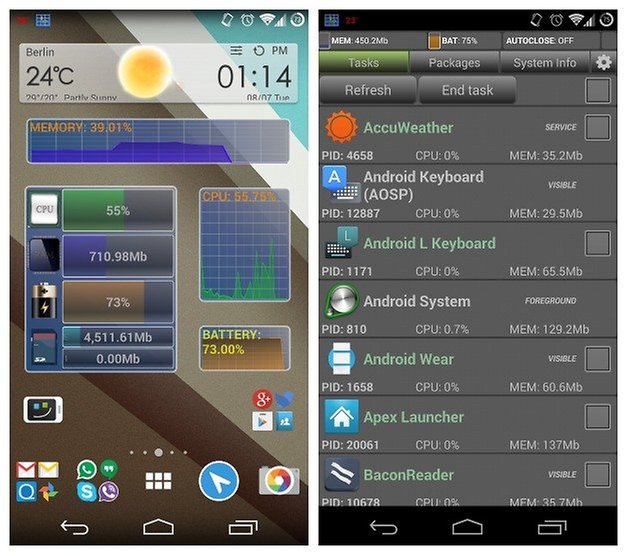
Now, when you have a recent apps list that's 20 apps long then it makes perfect sense to clear away the ''one-off'' apps that you opened once and probably won't open again in the near future. This clears up RAM for other tasks and, on a practical level, you probably don't need those apps stored in memory anyway. In this instance, swiping away unused apps can be a useful way to free up some additional RAM for other tasks. But clearing all of your recent apps creates slow down later on.
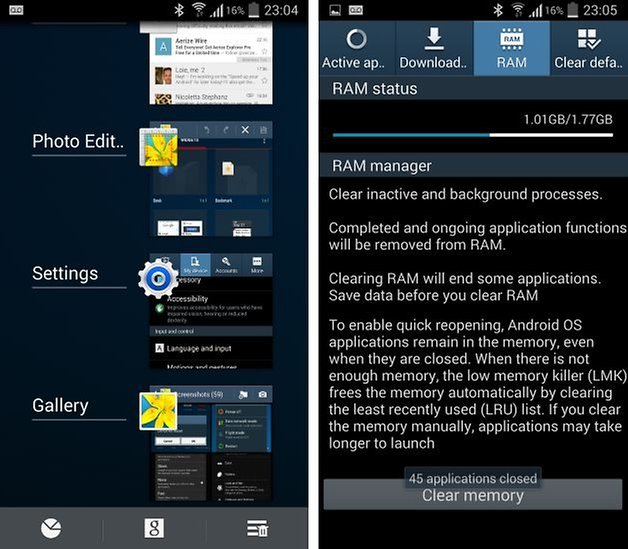
The same thing goes for task killers and RAM boosters, which simply kill everything: cached apps and background processes. The same problem arises when you launch the app again. If you've cleared it from memory it takes longer to launch, and if you've killed background processes they usually just start up again after a short period of time. So for freeing up RAM in the short term these are perfectly fine, but as a general remedy for improving performance they are nothing more than a panacea.
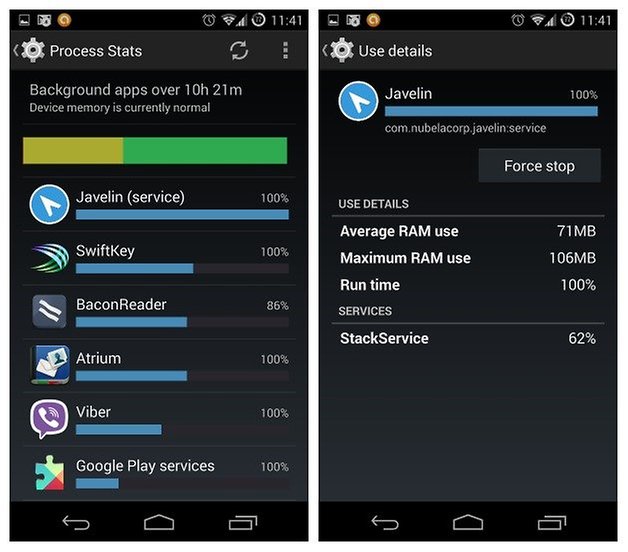
If you know how these tools work then using them is fine, but most people don't quite get the mechanics of how caches work and why they are actually a good thing. Take Android L's ART (Android Run Time), for example: by pre-compiling apps once and keeping them stored in RAM, you'll notice significant increases in app launches and responsiveness. This is a good thing, and there are several reasons why Google is making ART the default runtime in the next version of Android.
This is also why the dev behind Greenify, Oasis Feng, decided to illuminate us with the following pearls of wisdom:
Swiping away apps from recent tasks frequently is not a good practice, since it reduces the efficiency of process cache mechanism in Android, thus impact the performance of your device.
Swiping away apps from recent tasks kills the process of those apps, thus prevent them from being cached in memory. When you launch them later, it takes longer time and much more CPU cycles to create the process and re-initialize the app runtime.
Clearing recent tasks does free much memory, at the expense of later performance and battery consumption for launching those apps again. So if you have a device with 2G RAM, it gains no benefits in practice.
Coming from a developer involved with an app that is very well recognized for managing your apps, background processes and processor consumption, you can assume he knows what he's talking about. So, the moral of the story is this: clearing everything from the recent apps list is a waste of time unless you seriously need every inch of RAM available right there and then. Clearing out apps you're not going to switch between regularly however, is perfectly fine. So, your frequently used apps can stay and everything else can be killed with fire. Simple.
Via: Reddit Source: XDA Developers






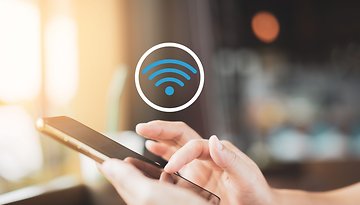
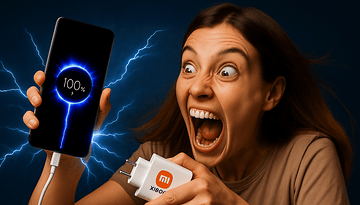
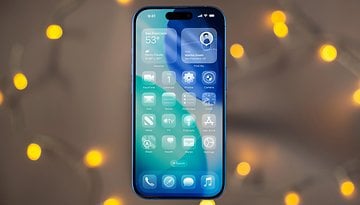
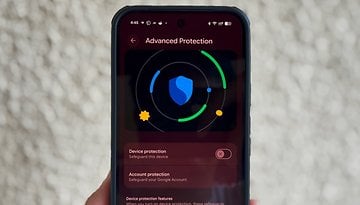
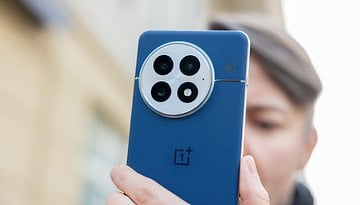
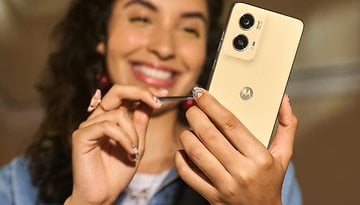

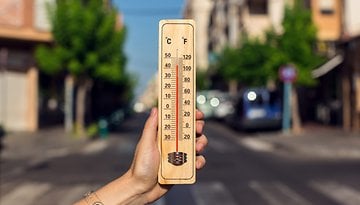
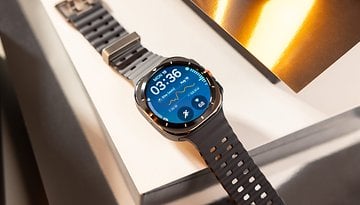

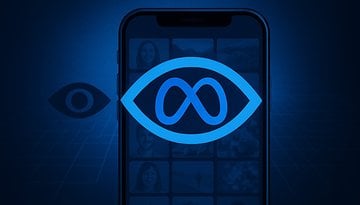



(Aboute ART runtime)
Quote:
..."Take Android L's ART (Android Run Time), for example: by pre-compiling apps once and keeping them stored in RAM, you'll notice significant increases in app launches and responsiveness.." >>> I am confused here.
Is this part of the article correct? After compiled with dex2oat (.dex files to ELF), aren't the apps stored at the storage space? Aren't the apps stored in RAM only after launch?
I though that w/ ART apps launch faster because of replacing Just In Time (JIT/dalvik) compilation with Ahead Of Time (AOT/ART) compilation, being the bytecode already compiled, running the app from the ELF executable.
Can someone enlighten me on this? Thanks
iOS users don't have interchangeable batteries either. Besides, they're not problems really, we are just trying to make our phones even faster. Mine's fine if I don't do anything. It's a game to see what I can do with my phone.
Also the darn screens on iOS phones were soooo small until now-I needed a bigger screen. A hazard of being old. Sigh.
Problems iOS-Users don't have.
Greenify gave me nothing but grief on my Galaxy Round. SD Maid seems to work really well, but it is really designed for rooted phones.
greenify is best
And thats exactly what I always do, very good article, Helpful!
I got used to clear-everything-after-using when I had my iPhone 4S and to this day I have been doing the same with my Galaxy S4. I read about this the other day (yesterday?) and I have been forcing myself not to close them anymore but is damn hard... Its just something I automatically do.
True Story!